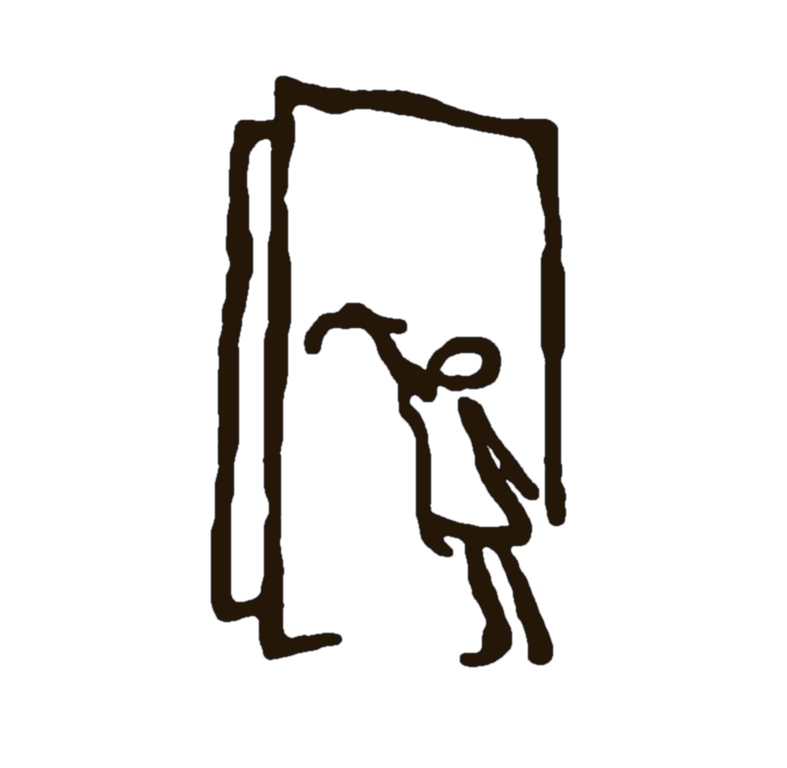Hungarian Association of Individual Psychology (MIPE)

Alfred Adler (1870-1937)
A Brief History of our Association
What is individual psychology exactly? Individual psychology is the third largest classical trend of psychotherapy following psychoanalysis and Carl Jung’s analytical psychology. It was founded by the Viennese psychiatrist Alfred Adler (1870-1937), who apart from his work paid great attention to the issue of mental hygiene as well as of disease prevention.
Not many know that parenting counseling was also developed by Adler and other individual psychologists like the Hungarian Istvan Maday. Over the years this method has gained a great importance worldwide serving the purpose of child therapy, family therapy, child protection, developmental pedagogy and parent education by Adler. As a part of Adlerian therapy adult and children as well as group and individual therapies are to be found.
These therapies are considered as dynamic and alternative. In Hungary experts of this trend work in the Hungarian Association of Individual Psychology (MIPE).
MIPE has worked extensively and with precision in science between 1927 and 1950 until it was disbanded by the government. Later in 1991 it was reformed as a member association of the Hungarian Association of Psychiatry and of the International Association of Individual Psychology leading Ottó Arató, MD.
Meaningful steps for reorganization of the movement:
- 1980-1991 Lectures about individual psychology became a part of pre- and postgraduate trainings and courses in the field of psychiatry, psychology and pedagogy.
- 1989 Establishing of working groups of individual psychology until the reorganization of MIPE. (inspired by the Hungarian Association of Psychology and the Hungarian Association of Psychiatry)
- 1990 Abano (Italy) The International Association of Individual Psychology (IAIP) supported the improvement of Hungarian individual psychologists financially and professionally, so the working group could organize the following international congress. This was also an explicit expression of acknowledging Hungary’s political role in the social changes. The IAIP accepted the working group of individual psychology as a provisional member.
- 1990 Budapest “Understanding Human Nature” by Adler was reprinted by publishing company “Göncöl”
- 1991 Budapest Establishment of Alfred Adler Association supported by the national Association of Individual Psychology, Ottó Arató, MD and Gyöngyvér Kárpáti, MD
- 1991 Budapest: Release of the book “Individual Psychology and its impact on Hungary” by Ottó Arató and György Kis by “Tankönyvkiadó”.
- 1990-1993 Budapest Individual psychology as a part of „specific methods” category in the postgraduate psychotherapist training program at the Semmelweis University of Medicine for the first time.
- 1990-1992 Debrecen Individual psychology-oriented pedagogical course and counseling as a part of the post-graduate mental hygiene training at the Department of Psychology at Lajos Kossuth Tudományegyetem. Leaders of the training were: Kürthy Tamás, MD the individual psychologist and professor of Department of Pedagogy at RWTH Aachen University; and Mária Kenesseyné Szuhányi trainer and docent of Alfred Adler Institute in Zürich. Thanks to the excitement of the participants the Hungarian Association of Individual Psychology was reformed. The first members were Tamás Kürthy, MD and Mária Kenesseyné Szuhányi.
- 1992-93 Budapest First Hungarian 400 hour individual psychology training in the field of pedagogy, counseling and psychotherapy. This training helped spreading the idea and method. It was established and conducted by Mária Kenesseyné Szuhányi implying the rules of international training system. Invited speakers and group leaders were Ottó Arató, MD; Antal Bugán, MD; Edit Deckner, MD; Péter Döme MD; Gyöngyvér Kárpáti, MD; Hanna B Kende; Ernst Kern; Károly Kovács; Tamás Kürthy, MD; Lorle Louis; Franco Maiullari, MD; Marietta Németh, MD; Csilla Pető, MD; Jürg Rüedi, MD; Judit Schläfli and Emőke Simonyi, MD. The training was attended by 119 participants, most of them became members of MIPE later. In 1993 Mária Kenesseyné Szuhányi published a handbook with the course material.
- 1-5 August 1993 Budapest: 19th Congress of the International Association of Individual Psychology where Hungarian participants were also welcomed to take part as lecturer. The Hungarian Association of Individual Psychology became a member of the International Association.
- 1994 Budapest: Starting of the analytical child psychotherapy based on individual psychology, training organized and led by Hanna B. Kende.
- 1995 Budapest: Reprint of „Individuálpszichológia” (Individual Psychology) written by István Máday in 1940. The re-relase was supported by MIPE with preface by Ottó Arató, MD and epilogue by Emőke Bagdy, MD
- 1995 Budapest Staring MIPE’s journal „Az IP útjain” (Following the path of Individual Psychology).
- 1996 Budapest Release of „Child psychotherapy” (Gyermekpszichoterápia) edited by Hilarion Petzold and Gabriele Ramin supporting by Hanna B. Kende. In the publication -among different types of methods of psychotherapy- individual psychology is also found. The paper, “Analytic Child and Adolescent Psychotherapy of Adlreian Individual Psychology” written by Anne-Els Stadler és Karl-Heinz Witte shows the specific approach and methods of IP using detailed case reports.The paper was translated into Hungarian by Hanna B. Kende
- 1996 Balassagyarmat: First IP (Individual Psychology) regional meeting organized by the psychiatrist László Cseky, MD supporting by the Department of Psychiatry of „Kenessy Albert” Hospital.
Today the association has nearly 200 members, who gather in regional working groups (in cities like Budaörs, Győr, Hatvan, Sopron, Szolnok, Veszprém and Zalaegerszeg). The spot of regional meetings varies from year to year. The material of meetings were published and are available under the name of “IP füzetek” (Brochures of IP) and in the journal of MIPE.
Methodological characteristics
Since IP is based on a dynamic therapeutic approach, it acknowledges the role of the unconscious in the behavior and in shaping life. However, it focuses of the social being of an individual, its completeness, and target-task orientation. IP emphasizes the inferiority complex–considered to be the earliest and a long lasting basic feeling of a person- and aims to find a way in order to overcome it through social responsibility, duties and self-realization.
IP is committed to help children developing their identity, their pursuit of self-healing and self-creating as well as their community feelings. Adler and their followers worked out a detailed neurosis theory. According to their view, psychological diseases do not determine fate, they can be healed by changing one’s lifestyle. During the 20th century IP has been used, and now is a part of several important trends such as person-centered therapy (PCT) by Carl Roger, family therapies and self-improvement courses and training e.g by Dale Carnegie.
So it can be said that individual psychology combines medical, psychological, prevention and educational aspects uniquely. The Hungarian Association of Individual Psychology (MIPE) offers accredited trainings for candidates, based on Bachelor degree (e.g in Medicine, Psychology, Pedagogy, or Social pedagogy) of participants, which can be attended while working.
A short introduction to the theory of IP
Individual psychology is a trend of depth psychology that acknowledges the role of the unconscious in the human psyche. In addition it focuses on one’s social and personal nature. This type of social psychological and humanistic attitude is now of particular relevance. IP has given many clues to Human science. According to Adler, people attempt with all their efforts to understand the connections of living together, and to find within their own safety: But on what depends the security of our lives? What defines our lives? It is that what goals we set for ourselves. And what is behind the goal? Success orientation.
Let’s see this IP attitude in developmental psychology: as newborns are born, they are unable to live alone and helpless. Children face several times with their lack of abilities in order to accomplish a task. Later as they know more about the world, they confront how small they are in comparison with the universe. We could say that the feeling of being inferior is born with us, however, love and care can make children courageous and confident, which motivates them to do always more difficult tasks since they feel how important they are.
All in all avoiding low self-esteem is what motivates us from the beginning. That is what we fight with, that is what we would like to compensate. During this process an appropriate self-estimation is constantly improving: tasks and jobs are done with precision. The individual develops a positive sense of community, and shapes a healthy and successful lifestyle.
Where can be IP used?
The positive community feelings results in a flexible and satisfactory resolution of interpersonal conflicts, which has an utterly important role in our world. This skill can be mastered by Adler’s depth psychology. Nowadays, when traditional family- and educational patterns are changing, getting to know a conscious psychological and educational approach is vital. IP offers a good way in order to do that because it combines psychological and pedagogical trends.
IP also supports conscious life shaping, which today is of great importance, since the ability to be able to change and to restart are more appreciated than ever before. Businessmen, entrepreneurs for example need healthy self-confidence, instead of overcompensated low self-esteem. IP is also useful for that since it focuses on reaching self-strengthening and balance. A certain knowledge about IP is also essential for successful rehabilitation of patients and treating psychological disorders like neurosis, psychosomatic, psychosis and addiction disorders. The actuality of crime prevention and Adler’s thoughts in the topic are undeniable.
To sum up, it can be said that IP helps in all spheres of social coexistence because it is in favor of cooperation and understanding others instead of inhuman competition. So it provides new opportunities for creating a more harmonic future. After spreading globally, IP is now in the 21st century again of great importance.


